Will Your Gap Year Leave a Gaping Hole in Your Career Path?
Gap years have become an increasingly popular option among high school leavers in Australia. According to research by the National Centre for Vocational Education Research, around 20% of students who complete high school opt to take a gap year before they go on to further education. Benefits of taking time out from study (and away from home) may include the development of work and life skills, a clearer idea of career goals, increased motivation and a deeper world view – all of which add to individual employability further down the track!
But, what about taking a career break at another life stage? Jacking it all in at 30 to follow your dream of working with the turtles in Costa Rica? Or, quitting your long-term job at 45 to explore outback Australia in a campervan? Yes, the year will no doubt be an adventure-packed, inspirational, life-fulfilling experience. But, how will potential employers view your time out when you are applying for jobs 12 months later?
Here are a few tips to consider so your gap year doesn’t leave a gaping hole in your career path.
- Take a career break when there is something you really, truly want to do. Work alongside local teachers in a school in Ghana, sail around the world, protect the turtles! Make the right choice and your motivation, enthusiasm and commitment will shine through to potential employers on your return.
- When it comes to job application time, be sure to mention your career break:
- In your resume, include dates, job title and organisation (if relevant) and location. Then single out key tasks and achievements, as with any position, particularly those that may have value in the role you are going for. Many skills are transferable – your gap year experience should stand in your favour!
- Briefly explain your time out in your cover letter – and then show motivation for returning to paid employment. Wording along these lines does both: “I have just returned from 3 months in Costa Rica where I fulfilled a lifelong ambition to help research and protect sea turtles. I am now keen to apply my skills and experience to the role of project officer in your organisation.”
- At interview, reassure employers that you’re not going to disappear off on your travels in six months’ time, while emphasising the valuable skills you have gained during your career break. For example: “Sailing around the world has given me an opportunity to develop my leadership skills and work with others in challenging circumstances. It’s something I’d always wanted to do, but now I’m ready to put down roots and focus on my career in earnest.”
Taking a career break in your 30s or 40s (or at any other time) may be seen as risky and unconventional, but time away from your everyday routine can bring benefits both to you and to your future employer. Rather than leaving a gaping hole in your career path, a gap year can pave the way to the future you want and deserve.





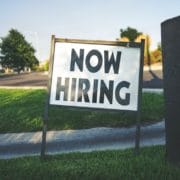
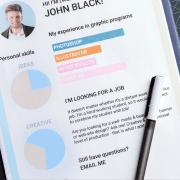

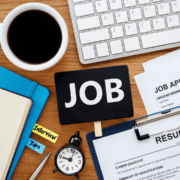




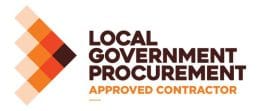
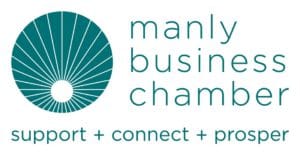




Leave a Reply
Want to join the discussion?Feel free to contribute!